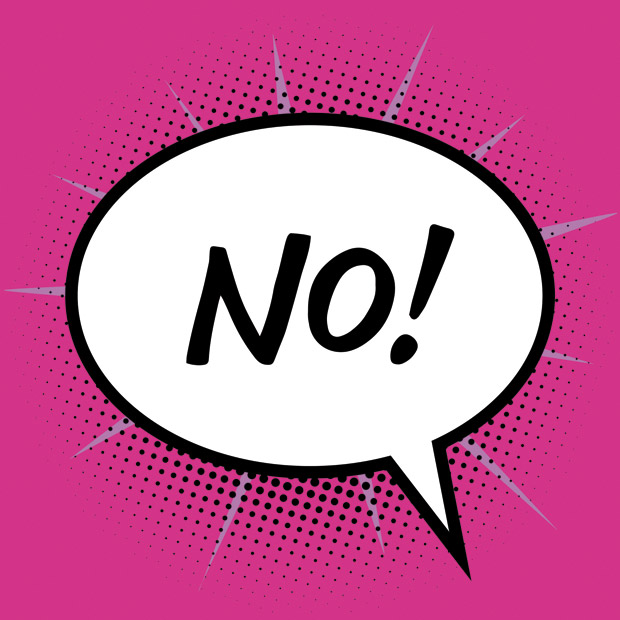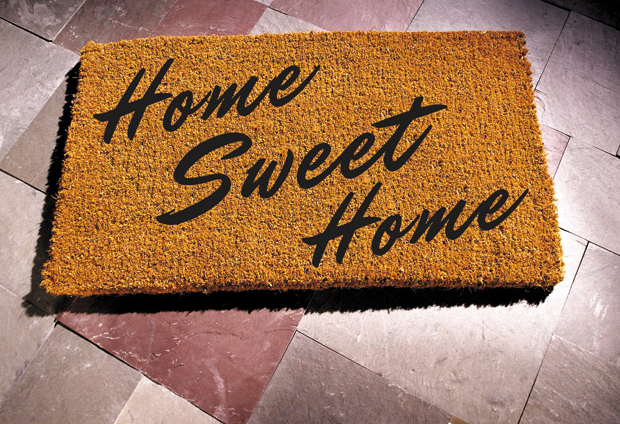QUESTION OF THE WEEK: I want to start saying “no” to others because I am tired of doing things for everyone else. Can my home support me in this? I feel like a doormat of sorts.
Many of us face this challenge, and when you reach the point where you are feeling drained, it’s time to seriously address it. Start the process of change by engaging your environment for support. Subconsciously, we respond to the messages of our environment on an energetic level. The key here is to ensure that your environment supports the change you want.
Drawing stronger boundaries
In order to suppor t yourself in drawing stronger boundaries with others, look around your home or office and implement the following:
• Group any scattered or miscellaneous items in plain view. Put them in a decorative basket or pretty container, creating constant visual support that you are “containing” your energy, not dispersing it all over the place.
• Stack random magazines or papers in an orderly fashion, showing symbolic alignment, or balance, between what you are doing and what you are feeling.
• Group like items, such as a collection of dog fi gurines or decorative items that have the same color, for power, symbolically focusing your energy and ability to act from a strong sense of self.
• Place images of strength — artwork of a bamboo forest, a strong tree or a shining sun — on your walls to remind you of your own inner fortitude and power.
• Get a new doormat, one that is “healthy” and not worn down. People step on door-mats before they enter the home, and a new doormat sets the intent to change the past.
Practice saying ‘no’
Your time is yours to spend the way you want, and no one has a claim on it, unless you allow it. William Ury wrote a wonderful book entitled, The
Power of a Positive No. In it, he reminds us that the fi rst “yes” should be to ourselves. It shows respect for your own time and space, and sets the stage for a positive “no.”
The second “yes” is designed to keep the relationship mutually benefi cial. That means showing the other person respect by treating him or her, as you would want to be treated when someone says “no.”
Finally, saying “no” should be a positive experience for you and the other person. A positive “no” means speaking from the heart, rather than reacting, building your own confidence in the process.
Saying ‘no’
Creating the right energetic support and learning to say “no” clearly but fairly will help you heal the “disease to please” in a healthy and positive way. It really is OK to choose yourself when you need to! Just remember to do it so that everyone feels better in the end.
Do you have a question for Alice? If so, send it to alice@yourhappinessu.com. Alice Inoue owns Happiness U, a lifestyle studio located at SALT Kakaako where anyone can find positive inspiration and high-level guidance to minimize stress and optimize modern day life! Visit YourHappinessU.com.

